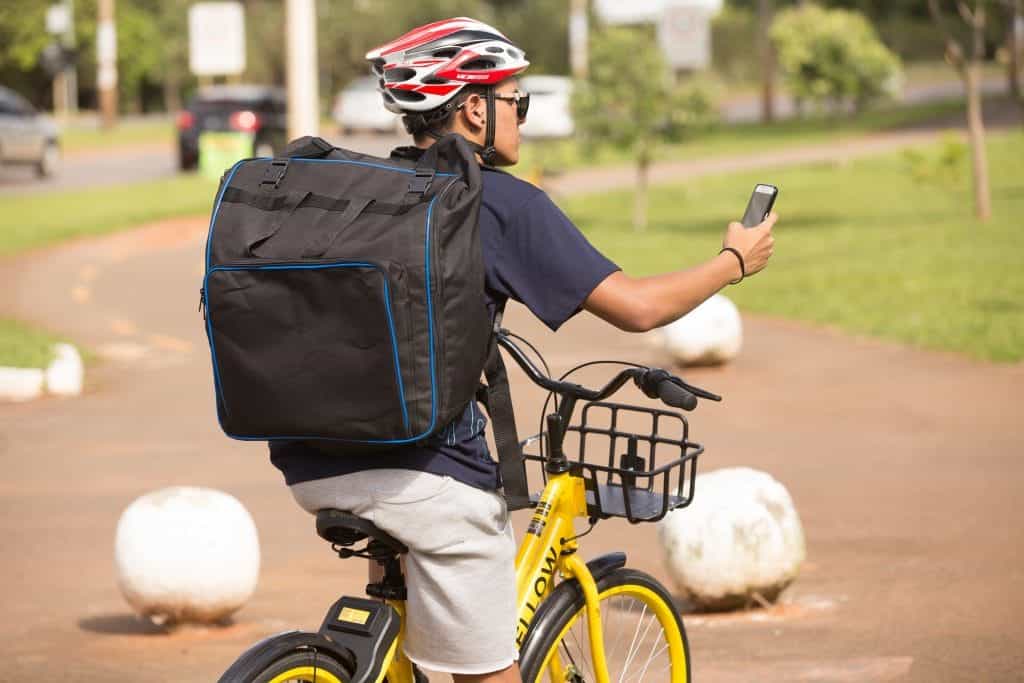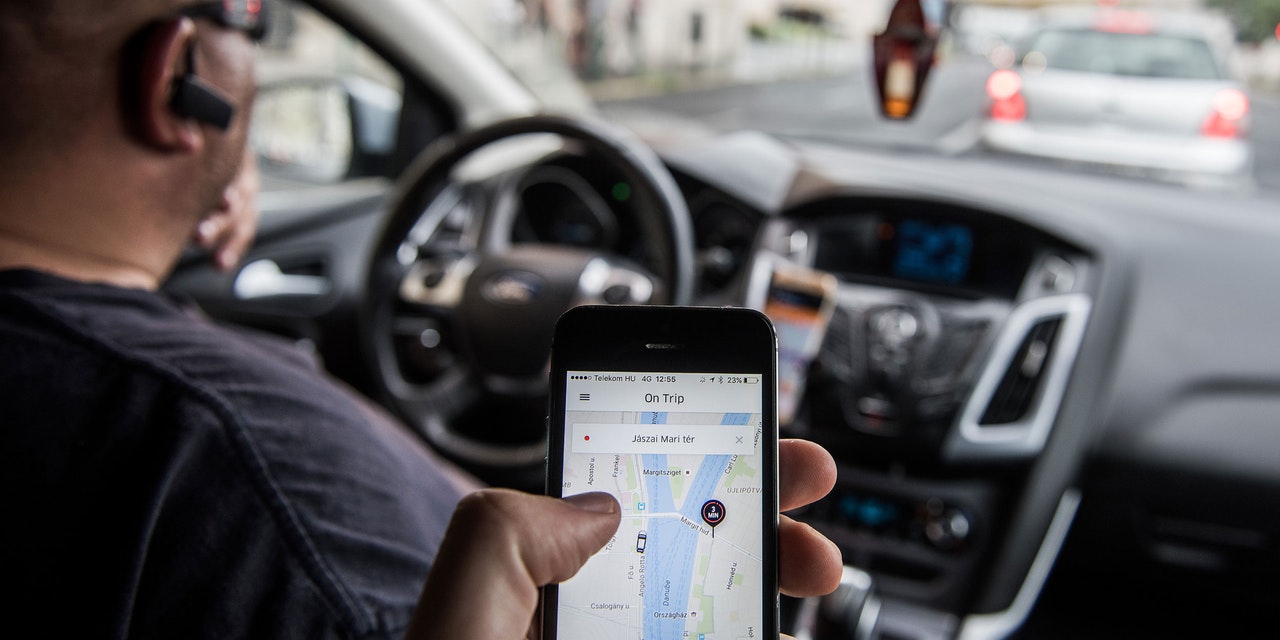RIO DE JANEIRO, BRAZIL – The Brazilian economic team is looking to collect taxes from self-employed workers who provide services to Internet App companies, such as Uber, 99, Cabify and other platforms connecting with consumers, such as GetNinjas.

The focus is on drivers, web designers and professionals in the beauty, technical assistance, consulting, events and domestic services sectors, among others. In parallel, the reformulation of the Individual Micro-entrepreneur (MEI) program is already under discussion.
A major concern of the economic area is the Social Welfare accounts, as these app workers are not contributing to the system and will later tend to become dependent on the federal government, either in retirement by age or in the Continuous Cash Benefit (BPC).
An IBGE survey released in August showed that the number of self-employed workers reached a record high of 24.2 million people out of a total of 93.5 million employed over the age of 14.
A proposal is being discussed in the High Study Group of Labor (GAET), established by the government with the involvement of experts, to charge income tax on these workers or compel them to create an MEI.
Those enrolled in the MEI program collect five percent of the national minimum wage, which today totals R$49.90 (US$12.50), and are entitled to social welfare coverage – which includes protections such as sickness benefit and maternity pay – and to a benefit equivalent to the minimum on retirement.

In the case of tax revenue, the Federal Treasury would urge the App companies to access the income of these workers and, thus, fit them into the IR brackets.
Discussions also involve a reformulation in the MEI, says Bruno Quick, technical director of the Brazilian Micro and Small Business Support Service (SEBRAE). Today, this form of taxation is intended for those who have an annual gross revenue of up to R$81,000 and only employ one worker.
The goal is to increase the invoicing limit, the number of employees to up to three and increase the tax rate for workers with higher income.
The contribution of those enrolled in the MEI has been 11 percent, but former president Dilma Rousseff reduced the percentage to combat defaulting payments; the reduction failed to produce any effect.
In May, a presidential decree allowed App drivers to join the MEI but did not include the remaining App workers.
According to Quick, with the new technologies, there is a vast number of workers, particularly in the service sector, who could be covered. There are companies with over 500,000 registered service providers, such as designers, manicurists, and domestic workers, he says.
Source: O Globo

